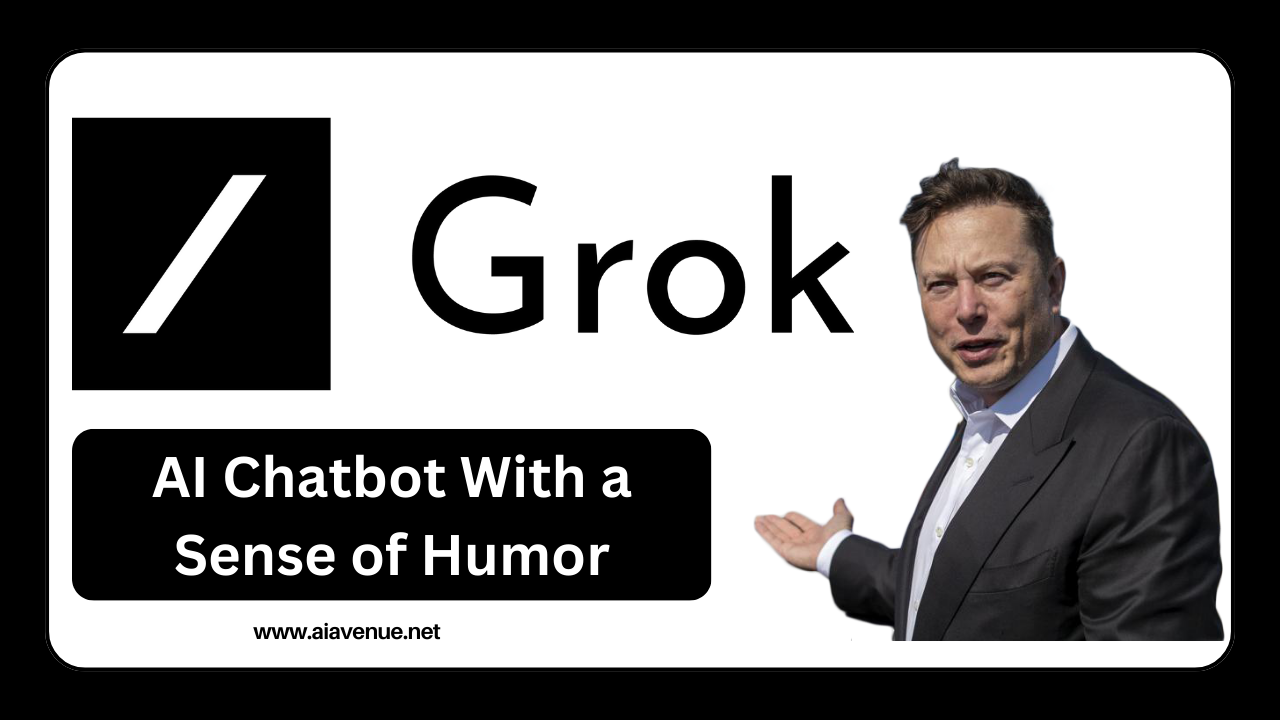How AI Will Revolutionize India’s Growth in 2023
Table of Contents:
- Introduction
- The Role of AI in India’s Growth
- Healthcare
- Agriculture
- Manufacturing
- Education
- Government Services
- Infrastructure
- Conclusion
Introduction:
Artificial Intelligence (AI) is rapidly transforming the world and India is no exception. With its rapidly growing economy, India has the potential to become a global leader in AI. According to a report by Accenture, AI could contribute up to $957 billion to India’s GDP by 2035. With the government’s push for Digital India and Make in India, the adoption of AI is expected to increase significantly in the coming years. In this article, we will discuss how AI will revolutionize India’s growth in 2023.
The Role of AI in India’s Growth:
AI has the potential to transform various sectors in India such as healthcare, agriculture, manufacturing, education, government services, and infrastructure. Let us discuss each of these sectors in detail.
Healthcare:
AI-powered technologies such as predictive analytics, medical imaging, and telemedicine can help improve the quality and accessibility of healthcare in India. AI-powered chatbots can also be used to provide 24/7 medical assistance to patients. In addition, AI can help reduce the workload of healthcare professionals by automating administrative tasks, enabling them to focus on patient care.
Agriculture:
India is an agrarian economy and the adoption of AI can significantly improve agricultural productivity. AI can help farmers predict weather patterns, optimize water usage, and improve crop yields. AI-powered drones can also be used for crop monitoring and analysis, enabling farmers to make informed decisions about planting, fertilization, and harvesting.
Manufacturing:
India’s manufacturing sector is expected to grow significantly in the coming years, and AI can play a key role in this growth. AI-powered predictive maintenance can help reduce downtime and increase productivity. AI-powered quality control can also help reduce defects and improve product quality. In addition, AI-powered supply chain optimization can help reduce costs and improve efficiency.
Education:
AI-powered personalized learning can help improve education outcomes in India. AI can be used to develop adaptive learning systems that can cater to the unique learning styles of individual students. In addition, AI-powered chatbots can provide 24/7 academic support to students. AI can also help reduce the workload of teachers by automating administrative tasks, enabling them to focus on teaching.
Government Services:
AI-powered chatbots can be used to provide efficient and personalized services to citizens. AI can also be used for fraud detection and prevention in government programs. In addition, AI-powered predictive analytics can be used to improve public safety and emergency response.
Infrastructure:
AI-powered smart cities can help improve the quality of life for citizens. AI can be used to optimize traffic flow, reduce energy consumption, and improve waste management. In addition, AI-powered predictive maintenance can help reduce downtime and increase the lifespan of infrastructure assets.
Conclusion:
AI has the potential to revolutionize India’s growth in various sectors. With the government’s push for Digital India and Make in India, the adoption of AI is expected to increase significantly in the coming years. However, there are also concerns about job displacement and data privacy. Therefore, it is important for the government and industry to work together to ensure that the benefits of AI are balanced with the potential risks. In conclusion, AI is a game-changer for India and has the potential to make a significant impact on its economy and society.






